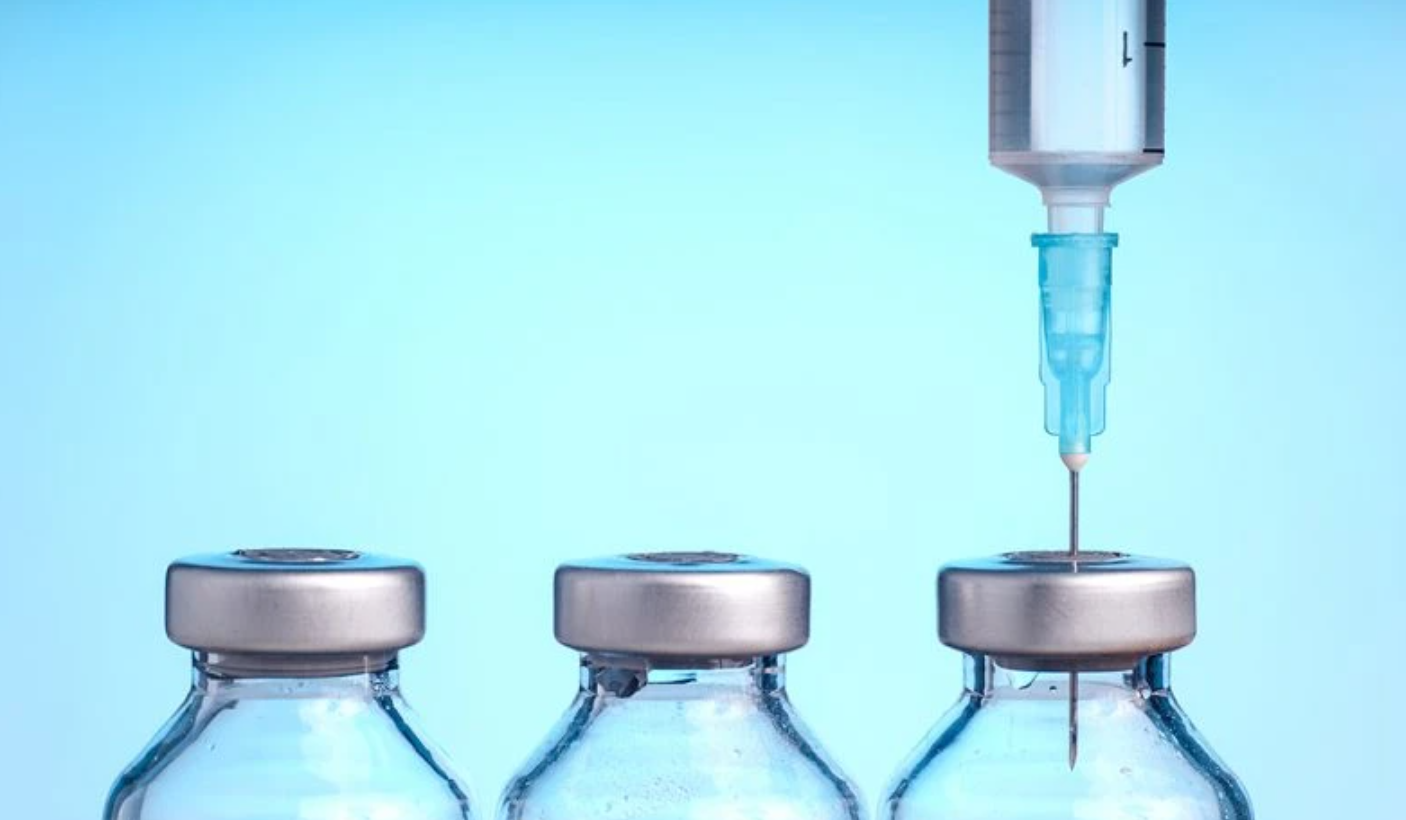Information showing is for meds released in recent years and for many still to come.
It was also the 10th anniversary of the first biosimilar commercialization in Europe – Sandoz’s Omnitrope (somatropin) growth hormone.
Sandoz is now global leader by net sales in biosimilars, which are cheaper, follow-on versions of existing biologic drugs, approved on the basis that they have been shown to be equivalent in terms of safety and efficacy.
And biosimilars are playing an increasingly important role in the business, says Francis, who will be speaking at eyeforpharma Barcelona, which runs from 14-17 March.
Francis notes the Omnitrope approval preceded the first iPhone – quite an achievement – and at a time when the health systems of developed countries are under intense pressure to become more efficient, biosimilars could play a key role.
IMS Health estimates biosimilars could save up to $110 billion in health systems across Europe and the US, by providing cheaper competitors to well-established biologic drugs.
Sandoz was also the first company to get a biosimilar approved in the US, with Zarxio – a competitor to Amgen’s white blood cell booster, Neupogen (filgrastim) in 2015.
Francis states that Zarxio has passed $100 million in sales and has now overtaken the reference product in volume market share.
He explains: “This is not just a significant commercial milestone, reinforcing our position as the pioneer and global leader in biosimilars, with three marketed and four approved products – more than any other company.
“It also represents another step towards delivering on our purpose at Sandoz: to pioneer novel approaches to help people around the world access high-quality healthcare.”
Biosimilars play a key role in this – they generate cost savings and improve access by expanding the overall size of the market, according to Francis.
He notes that in the UK, biosimilar filgrastim is now well established and has increased use of the drug as a first-line treatment.
The challenge for biosimilars companies like Sandoz is to bring to market medicines based around larger, more complex proteins and monoclonal antibodies.
The FDA has also approved Sandoz’s biosimilar of Amgen’s Enbrel (etanercept) inflammatory diseases drug in all the indications of the reference product, which Francis cites as another important milestone.
Even more complicated than Enbrel are the monoclonal antibody-based drugs, which have revolutionized care of a diverse range of diseases over the last two decades.
It’s been a long journey for regulators to find ways of approving copies of these drugs, and billions of dollars in research by companies such as Sandoz to meet their stringent requirements.
The European Medicines Agency led the way with its ground-breaking work on how to ensure biosimilars are as close to the originator as possible, and as safe and effective.
But with Sandoz’s biosimilar of Enbrel approved in the US, a biosimilar of Johnson & Johnson’s Remicade (infliximab) approved and launched, and a biosimilar of AbbVie’s Humira (adalimumab) also approved, biosimilars could finally begin to shape the US market.
“We are proud to have developed two of the first four biosimilars to be approved in the US,” Francis adds.
In Europe, Sandoz’s biosimilar of Roche’s MabThera (rituximab) and its Enbrel biosimilar are both under review, and Francis said strong clinical data from the ASSIST-FL and EGALITY trials for rituximab and etanercept, respectively, has given confidence in filings.
Another key development last year was the Norwegian government’s NOR-SWITCH study – as an early adopter of biosimilar infliximab in Europe, Norway was an ideal test-bed for a study exploring whether it is safe to switch patients over to biosimilars.
Stay informed with MS news and information - Sign-up here
For MS patients, caregivers or clinicians, Care to chat about MS? Join Our online COMMUNITY CHAT




